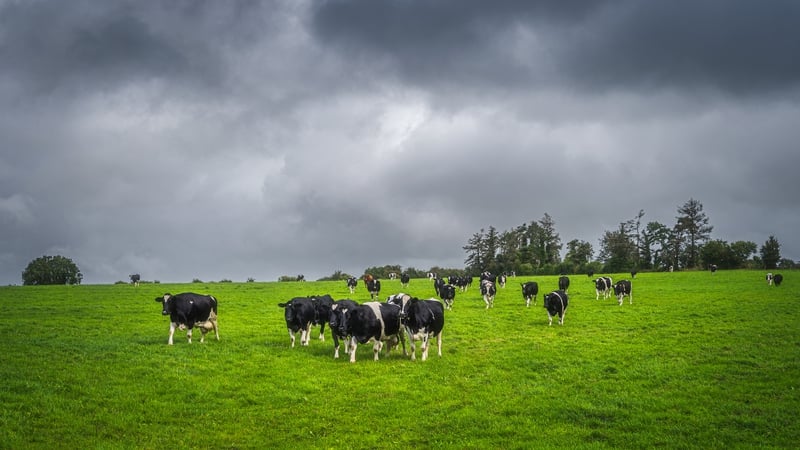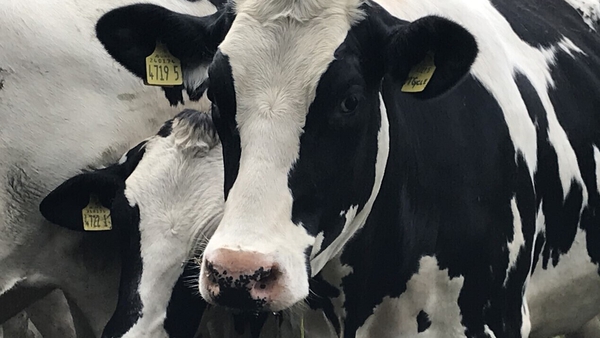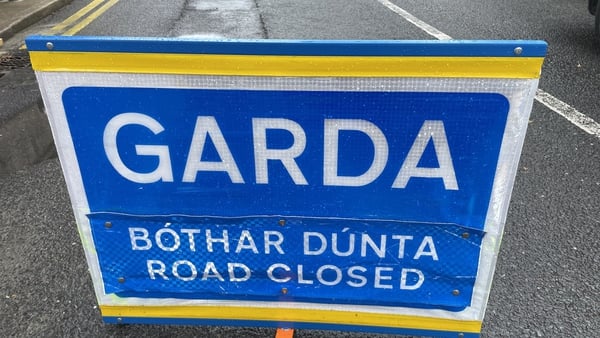Farmers and the Department of Agriculture Food and the Marine have agreed a new Farmers' Charter, which contains commitments on timely payments, managing payment disputes, overpayments and farm inspections.
The Charter does not change either national or EU law but defines general approaches to be taken in interactions with farmers.
Welcoming the agreement Minister for Agriculture Charlie McConalogue referred to it as a partnership.
"I want to thank everyone involved on the successful conclusion of this agreement and to acknowledge the partnership between my department and the farming organisations in supporting farmers.
"I am keenly aware of the importance of the Farmers’ Charter and the targets set down within it. I recognise the importance of farm payments and I believe the ambitious targets set out in the new Charter are evidence of my department’s commitment to farmers."
IFA negotiator for the Farmers' Charter Brendan Golden said it represents a governing framework for fairness, respect, transparency and best practice across all the key areas affecting direct payments and services to farmers.
Mr Golden said however there are still outstanding issues to be addressed to ensure farmers get payments on time.
"The DAFM must assess and review the capabilities of its IT infrastructure to avoid future payment/processing delays. It can’t always fall back on the farmer."
Last year, with the introduction of the new CAP, there were a number of delays and alterations to payment dates which led to angry protestations from farmers.
Deputy President of ICMSA, Eamon Carroll welcomed the conclusion of the negotiations and repeated the ICMSA’s position that the Charter provides a basis towards ensuring that farmers are treated fairly and reasonably in their dealings with the Department of Agriculture.
In relation to notice of inspection, Mr Carroll described as "significant" the change that has Agri-environmental schemes moving from being 'unannounced’ to now generally involving up to 48 hours notice being given with a commitment from the Department to provide the maximum allowable under EU legislation for all schemes in normal circumstances.
"In this day and age, it is simply unacceptable for an individual farmer to be expected to ‘down tools’ and deal with an inspection without adequate notice - particularly given the pressures on fulltime farmers - as well as the difficulty in part-time farmers getting time off their jobs at short notice.
"We need to deal with the realities of farming and that means adequate notice of inspections," Mr Carroll added.





